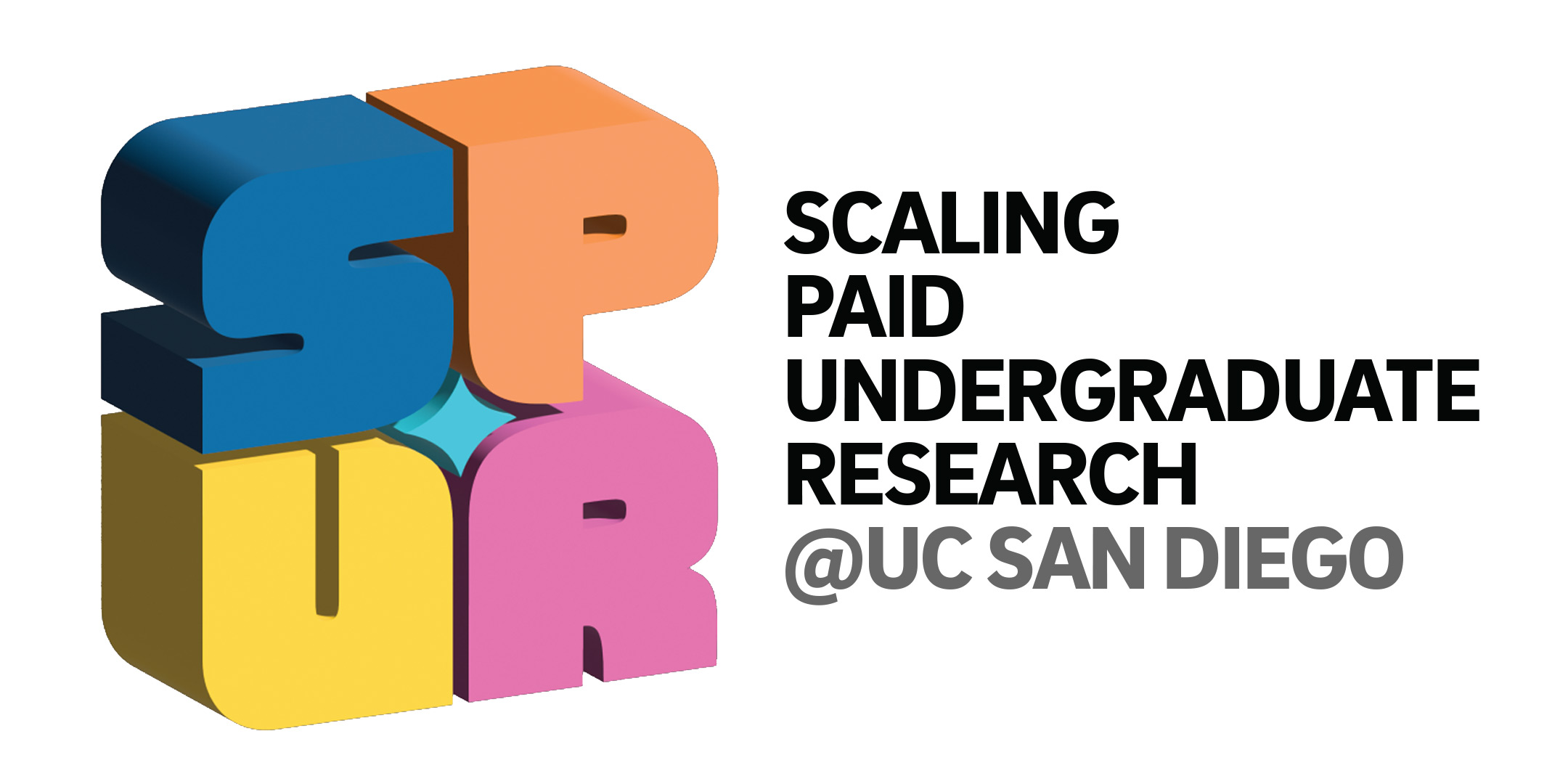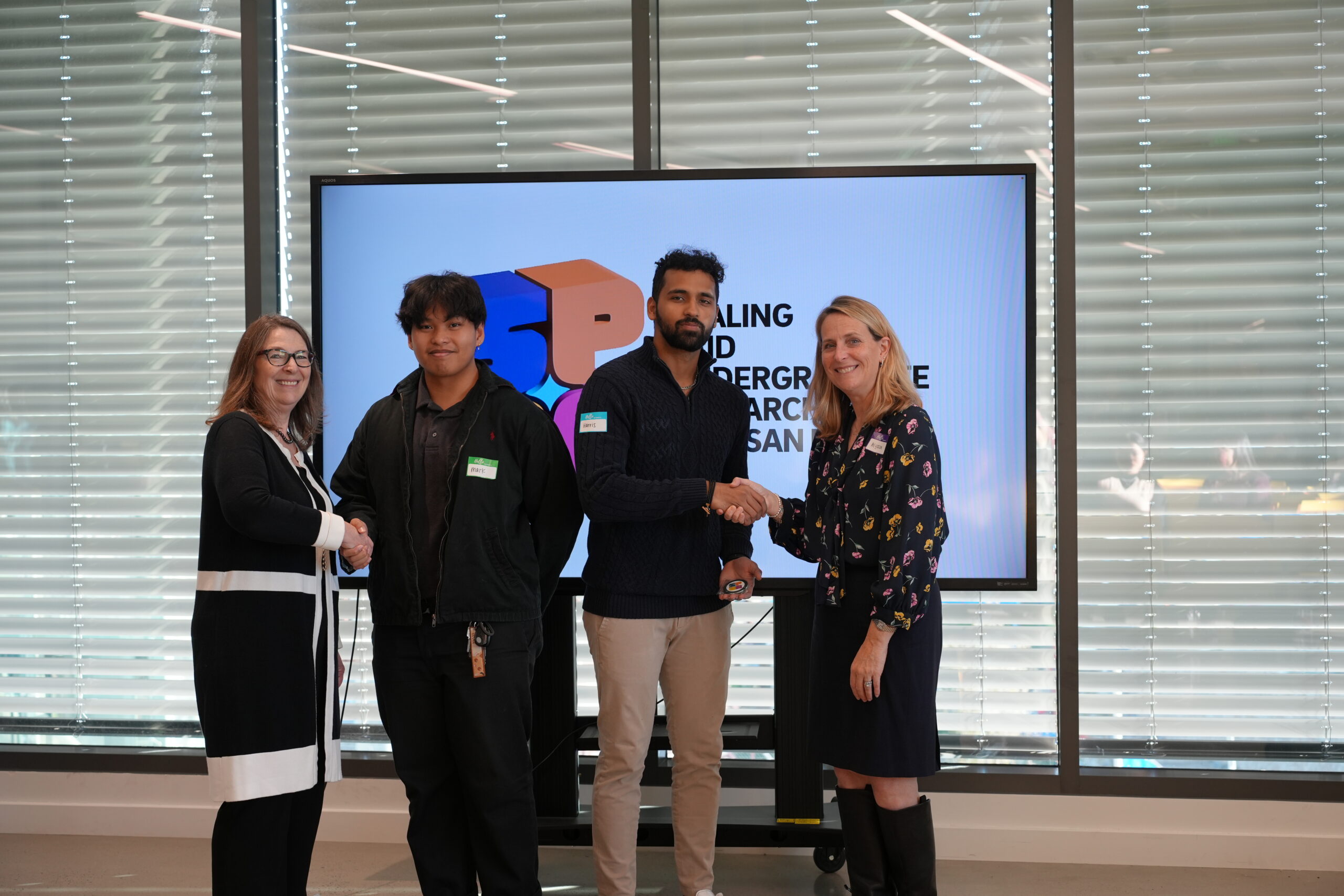Scaling Paid Undergraduate Research @ Design Lab
How can funding impact one’s ability to get paid while gaining experience?

Understanding the Problem
How might we help undergraduate students, faculty, and staff get paid from research opportunities to increases opportunities, expands their experience and improves research readiness?
- Creating Access to Funding: We’re exploring strategies to simplify and streamline the process for accessing research funding.
- Enhancing Research Program Experience: Our aim is to not just offer funding, but to also enrich the overall experience of participating in research programs.
- Utilizing Resources for Research Readiness: We’re focused on leveraging these resources to significantly improve the research capabilities and readiness of our academic community.
Research
Stakeholder’s Map
Who is affected?
When reflecting about the problem statement, we used a stakeholder map to think about the types of people who could be supported from increased opportunities and revenue generation. For my research, I wanted to focus on students who would more than likely struggle in finding the right resources for funding. For ethnically diverse students and first-generation students, I thought of them first because of the lack of resources dedicated to these individuals and their lack of guidance when seeking out those opportunities. As for students who fall under the STEM category or diverse gender identities, I feel like there’s always a good amount of opportunities, but the competition can be really high which leads to outside factors, aside from academics, contributing to a hiring manager’s decisions. Below are the notes associated with each student category:
Ethnically Diverse Students
- High expectations
- Limited resources
- Less direct support
First-Generation Students
- Generational Gap
- Lack of guidance
- Financial constraints
STEM Students
- Competitive job market.
- Unpaid opportunities
- Demanding coursework
Gender Identities and Sexual Orientations
- Encounter discrimination
- Different expectations
- Limited opportunities
70%
Students gave a rating of 5/10 when asked how well UC San Diego communicates about research opportunities
100%
of students expressed a need for more funding allocated to research opportunities
10/10
students expressed wanting to find research opportunities to gain experience, earn money, and grow
Research Findings
01
Fair Compensation for Students:
Students engaging in research should receive appropriate financial remuneration for their contributions.
02
Widespread Funding Shortfalls:
A prevalent issue is the lack of sufficient funding to initiate or participate in research programs
03
Funding Needs for Staff:
Staff members require adequate funding to cover the operational expenses of research programs.
04
Competitive Job Market Challenges:
The scarcity of funded research opportunities leads to intense job competition within in the academic sector, lessening their chances.
05
Reduced Applicant Pool:
Limited or non-existent compensation and financial aid options result in smaller pools of applicants for research positions.
Empathy
AEIOU ANALYSIS
(Activities, Environments, Interactions, Objects, and Users.)
Critical Role of Funding
- Funding constraints significantly limit program offerings and resources.
- Professors face challenges in securing funding, requiring patience and extensive applications.
- Comes from varying sources, many requiring applications or evidence of program success
Student Struggles
- Many balance separate jobs to finance their education and living expenses.
- Few programs offer stipends sufficient for a comfortable lifestyle while pursuing academics.
- A lack of formal training and resources hinders the search for opportunities.
- Difficulties in finding campus-based opportunities, often exacerbated by inconsistent access to transportation.
EXCLUSIVE INTERVIEWS
Thomas Brown
McNair Program Coordinator, Undergraduate Research Hub
- Funding Needs: Emphasizes that increased funding can accommodate more students and staff.
- Awareness Issue: Notes low application rates despite targeting lower-income students, mainly due to lack of awareness about URH. Highlights the need for better data sharing within UCSD to match students with suitable opportunities based on their major and financial needs.
Daniel Cardenas
Associate Director, PATHS Scholarship Program
- Funding and Experience: Points out that while various voluntary programs at SIO and UCSD Health offer great experience, they fall short in providing financial support for students.
- Awareness and Networking: Acknowledges low general awareness about these programs and emphasizes the challenges students face in finding opportunities due to limited networking.
General Student
Undergraduate Body Observations, UC San Diego
- Experience through Clubs: Many students gain experience through clubs and organizations, but these often require significant time commitments without providing paid opportunities.
- Financial Balancing Act: A majority of students hold separate jobs alongside their academic and extracurricular activities to manage financial responsibilities.
Evolving the Problem Statement
How can we create a robust system that enables students, faculty, and staff to seamlessly apply for and access funding dedicated to research opportunities, fostering growth in the number of available opportunities, enhancing experiential learning, and ultimately improving the research readiness of the academic community?
The initial question was centered on how SPUR can generate revenue for students and staff. Now, our focus has shifted towards practical application: specifically, how faculty and students can effectively access the resources we have identified and developed.
Key Considerations for the Action Phase:
- Creating Access to Funding: We’re exploring strategies to simplify and streamline the process for accessing research funding.
- Enhancing Research Program Experience: Our aim is to not just offer funding, but to also enrich the overall experience of participating in research programs.
- Utilizing Resources for Research Readiness: We’re focused on leveraging these resources to significantly improve the research capabilities and readiness of our academic community.
Significant Insights from Research:
- The Centrality of Funding:
- Funding emerges as the cornerstone for facilitating and enhancing meaningful research opportunities for students.
- Continuous consideration of funding is essential at every stage of research and internship programs.
- Importance of Student Engagement:
- Recognizing the need for active student participation.
- Developing strategies to increase awareness and ease of application for research positions.
Moving Forward with SPUR
Prioritizing Funding Mechanisms:
Ensuring that funding is not just available, but also effectively allocated and utilized to support student research endeavors.
Boosting Engagement and Accessibility:
Implementing outreach and engagement tactics that simplify the process for students to find and apply for opportunities.
Integrated Approach to the problem:
Balancing the focus on funding with a commitment to increasing student engagement, thus maximizing the impact of SPUR initiatives.

Prototype
By creating a portal through the Undergraduate Research Hub located on campus, we hope to solve the problem statement by utilizing this portal to find out what type’s of financial aid one student receives and what they want to study. Once they input all the information, we will be able to match these students to their potential research opportunities, where they’ll apply, interview and potentially gain experience for their up and coming careers!
